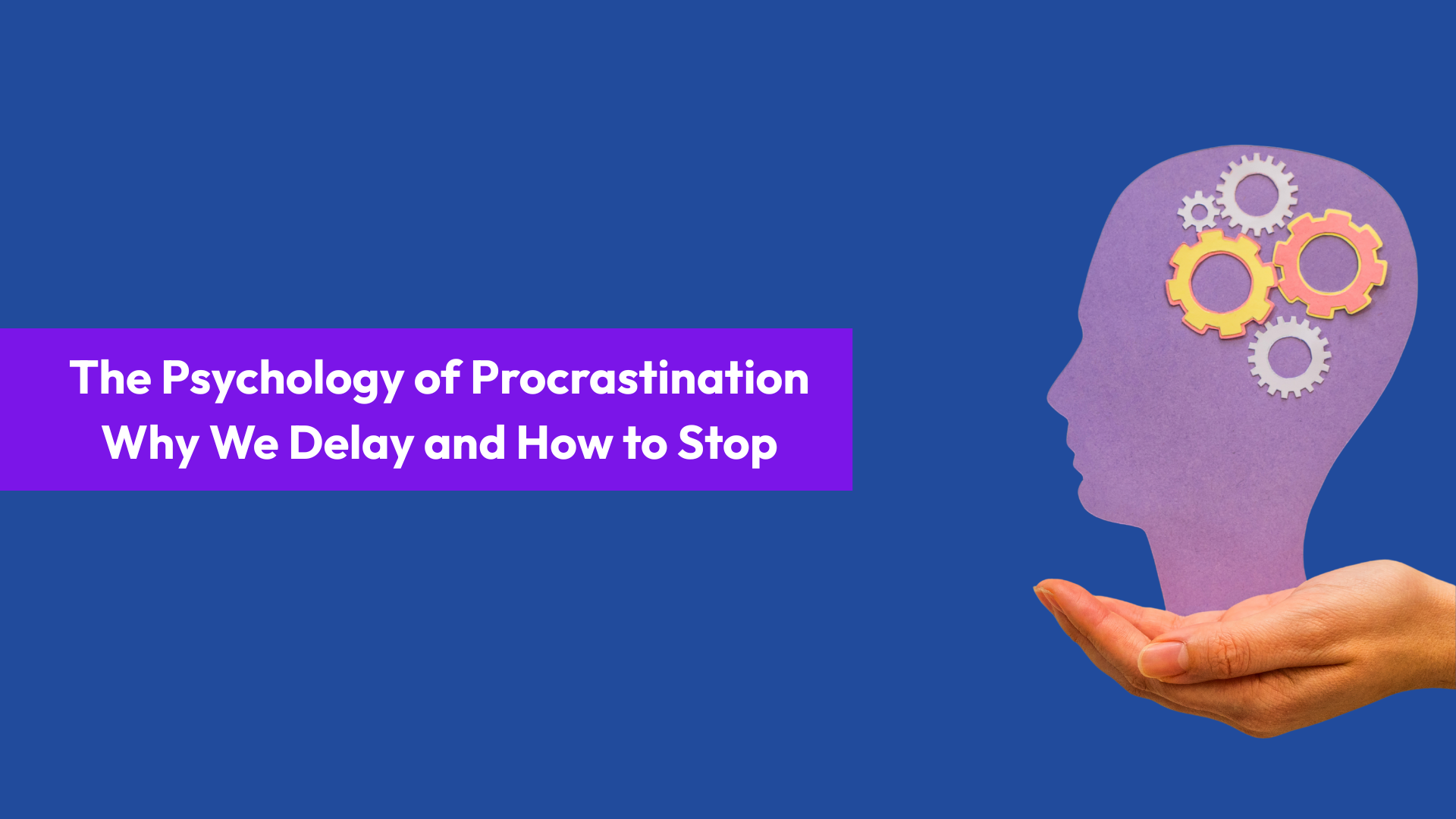Procrastination is a common struggle that affects productivity, mental well-being, and overall success. We often postpone tasks, even when we know they are essential. But why do we procrastinate, and more importantly, how can we stop?
Why Do We Procrastinate?
- Fear of Failure – The anxiety of not meeting expectations can lead us to avoid tasks altogether.
- Perfectionism – When we set unrealistically high standards, we delay starting because we fear not achieving perfection.
- Instant Gratification – The brain prefers immediate rewards over long-term benefits, making distractions like social media more appealing than work.
- Lack of Motivation – Uninteresting tasks make us less inclined to take action.
- Poor Time Management – Without a clear plan, tasks pile up, leading to stress and further procrastination.
How to Overcome Procrastination
- Break Tasks into Smaller Steps – Large projects can be overwhelming, so breaking them into smaller, manageable parts makes them easier to start.
- Use the Two-Minute Rule – Do it immediately if a task takes less than two minutes. This helps build momentum.
- Set Deadlines and Rewards – Self-imposed deadlines and small rewards create motivation and accountability.
- Eliminate Distractions – Identify what commonly distracts you and create an environment that minimizes these interruptions.
- Practice Self-Compassion – Accept that perfection isn’t necessary. Progress is more important than flawless execution.
- Use Productivity Tools – Apps like Pomodoro timers or task management tools can help structure your work.
- Visualize Success – Imagining the positive outcomes of completing a task can encourage action.
Overcoming procrastination is about understanding its psychological triggers and taking proactive steps to build better habits. You can regain control of your time and productivity with consistency, discipline, and the right mindset.

